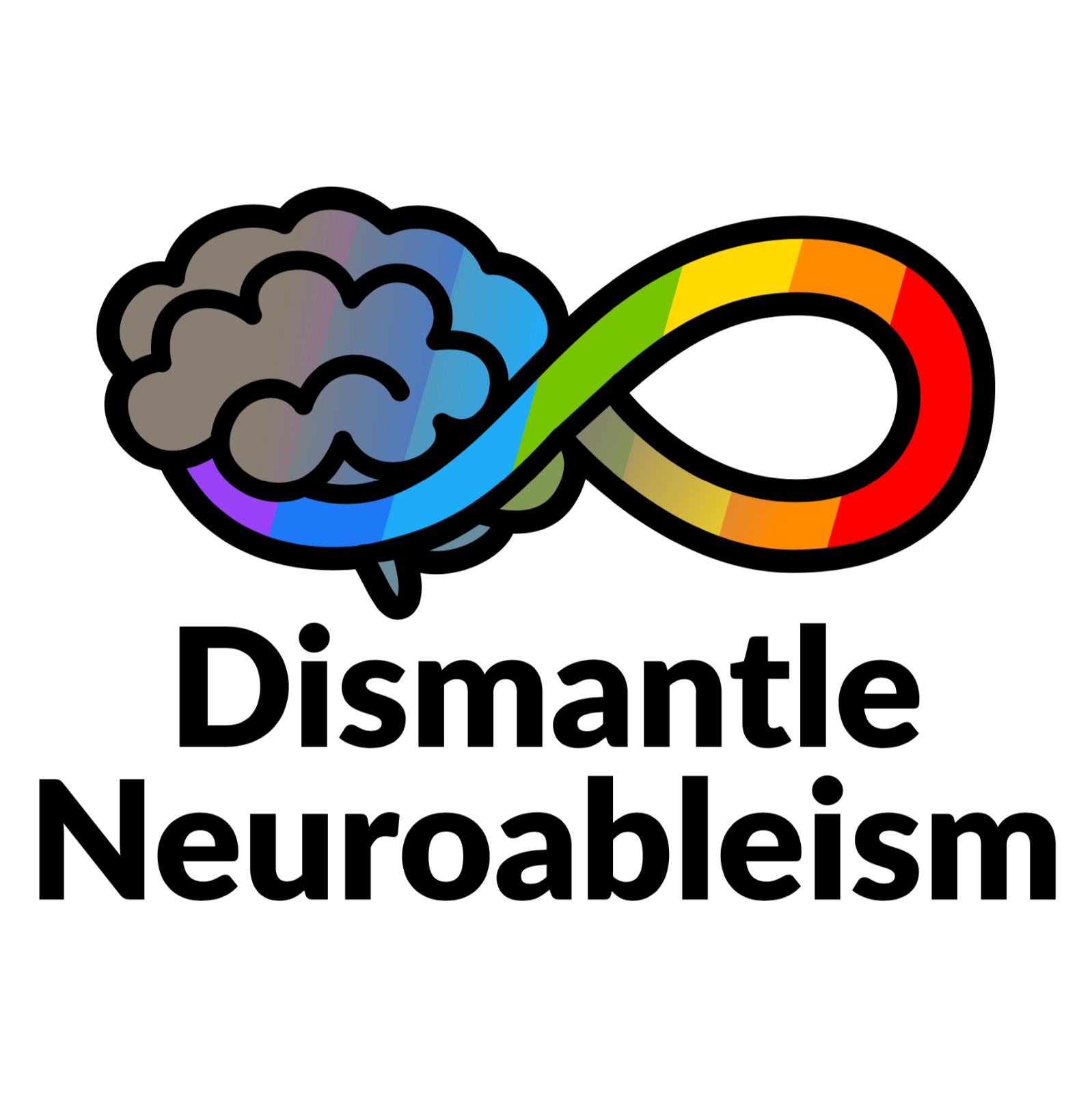Bipolarism
What it is:
Bipolar is always questioning your world and your reactions to it—did Johnny not respond to my text because I pissed him off? Is Kathy mad at me; she didn’t answer my call. These events may upset our mood, make us paranoid, angry, fill us with self loathing. On the reverse, when things are going right, they may set off a euphoric episode leading to reckless behaviors.
Without medication, any of these swings are a potential. Sandra can see it and ask me what’s wrong, but I may not even know. This is frustrating to all involved but particularly, to the person living with Bipolar Disorder. Everyday is a fight to keep emotions in check. We want to tell you what we need, but the truth is, half the time, it’s a random response to everyday stimuli.
“Medicine saved my life – being on the right medicine, specifically. It took years to get there, and CBT/DBT therapies as well as stellar support from family and friends , but I’m stable. Don’t give up. Remember: we don’t suffer from Bipolar, we LIVE with it. Never stop living.” -Katie T.
Communication-style:
Communication requires effort. The individual may or may not know what set off the rage, or euphoria, or sadness. Verbalizing it isn’t always easy, but if the issue is known, there’s a possibility they will share it. There’s always that underlying fear that we’re in the wrong and saying what’s up will make us look worse. Dialectic and Cognitive Behavioral Therapies are both effective ways of countering this response. They encourage the practicer to focus on one task to complete in an effort to clear the mind.
Schedules are an essential survival tool: Knowing where I need to be everyday and what tasks need accomplishing keeps me from bouncing around too much in my own head. It also makes it easier to communicate to the people in my life what I need each day without it becoming overwhelming.
What bipolar people may read like to NT people
Bipolar often reads as moody, plain and simple. We’re grumpy or sad for no reason one week and then, on top of the world the next. Mania may seem like a blessing to those who’ve never experienced the jitter inducing highs. While we may take on extra tasks and be super productive, there’s a very real downside. Risky, dangerous behaviors are common even things like affairs and reckless spending are the norm. These actions can and will break trust which is a devastating blow to someone who craves trust. Likewise, when a partner asks why the mood swing, why the behavior, we may not know leading to them becoming angry and frustrated.
Online communication:
Social media can be a dangerous outlet. NT people might be confused how Sarah is talking about but a $300 automatic litter box Monday but lamenting about always being broke Wednesday without seeming to draw the connection. They might feel we can’t be trusted with money or to make reasonable decisions. Another person may only complain. Another may only post happy things because they don’t want to be perceived as always complaining. NT folks might see it just that way, Susie always whines and Debbie is always so happy. They may wonder what Debbies secret is and want in on it.
Texting and messaging can also be tricky. Typed words carry no tone, it’s all interpretation. This leads to miscommunication. The NT person may feel like they’re constantly walking on eggshells and get frustrated or angry.
How to communicate most efficiently with bipolar people:
- Patience is key with bipolar people.
- Avoid assumptions about our behavior
- Ask for clarification or ask the person direct questions if you don’t understand a react or behavior
- In person:
Keep us on a schedule, check in with us and ask what we need in case we’re to shy to ask ourselves. If we swing, accept that we may not know the reason to ‘talk about it.’ Maybe we just need you to be there, silently sitting beside us. If we’re on medication, make sure we don’t stop once we ‘feel better.’ That’s the mania at play.
Text by Katie T.
